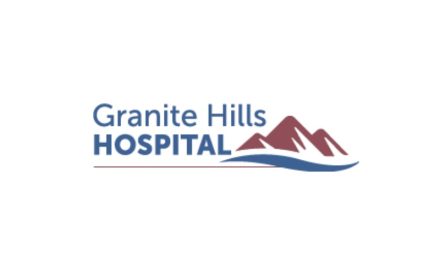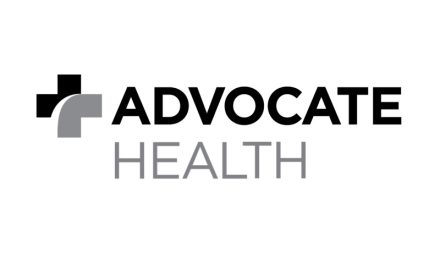
Governor Scott Walker announces expanded, innovative programs in support of improved mental healthcare
Madison – Identifying and developing new ways to help people deal with mental illness, and expanding mental health programs already proven successful, were hallmarks of Governor Scott Walker’s 2013-2015 biennial budget, and today Governor Walker announced that Wisconsin is making significant strides in those efforts.
“We have invested $30 million in programs that are innovative, research-based, effective, and in most cases allow communities to determine the best options to meet the needs of its residents while also increasing access to appropriate mental health services in the community, and reducing the need for inpatient services,” Governor Walker said. “It’s time to remove the stigma associated with mental illness, and help our friends and family members who are affected, get the help they need.”
Details of the investment toward mental health care reform and expansion include:
- Peer-Run Respite Centers: Designed to improve quality of life and reduce emergency room visits, services are delivered by people who themselves have been successful in the recovery process. Services are community-based, residential settings with a small number of beds. Just recently, the Department of Health Services (DHS) awarded grants of $441,660 each to create three such centers around the state which are scheduled to open by the end of this year. DHS has also hired a peer with experience in the recovery and treatment process as the Peer-Run Respite Center Coordinator.
- Expansion of Coordinated Service Teams: Coordinated Service Teams (CST) care for children with behavioral health issues and who have complex needs. The program coordinates care for children with the focus on empowering parents to more effectively help their children. As of today, 66 counties and all of the tribes offer or are developing CST programming. Six remaining counties will have the opportunity to apply for funds at the end of this year for programming in 2015.
- Expansion of Comprehensive Community Services: Comprehensive Community Services (CCS) is a publicly operated program for adults and children with mental illness, with most services provided in the home or in the community. What makes CCS unique is that each community bases its services on local resources and need. Funding for CCS became available on July 1. There are 21 county consortia that plan to offer this programming in 62 counties, which means 94 percent of the state’s population will now have access to CCS.
Though not among the Governor’s budget initiatives, the state Department of Health Services (DHS) has also developed a regional shared service pilot project that involves six counties in two consortia in western Wisconsin. These collaborations will ensure access to a core set of mental health and substance abuse services within those areas. The core set of services promotes community based treatment with a corresponding reduction in inpatient or institutional care. These pilots will serve as models for other regional consortia across the state.
“Additionally, today, we now know much more about how trauma can effect a child’s development,” Governor Walker continued. “That’s why many of the mental health initiatives in the budget concentrated on dealing with behavioral and mental health issues at an early age in an effort to prevent new trauma and more costly interventions later in life.”
- Creation of the Office of Children’s Mental Health: Too often children with mental health concerns are caught in a complicated system of agencies and services, and thus too often go un-served or under-served. The mission of the Office of Children’s Mental Health is to remove those barriers that may get in the way of a child who needs help. Elizabeth Hudson, a nationally recognized expert in trauma-informed care, was appointed the director of the Office of Children’s Mental Health.
- Expansion of in-home counseling for children: This program is part of the budget initiative, as well as legislation developed by the Speaker’s Task Force on Mental Health. In-home counseling for youth is a Medicaid benefit with the state matching the benefit at the current Medicaid rate. It allows the home to be a service delivery location for eligible children who need mental health services, and promotes access and engagement for children and their families.
Also included in the budget was funding to increase the capacity of the state forensic treatment units at Mendota Mental Health Institute to meet the growing demand for inpatient evaluation and treatment services and to prevent long waits by patients who are in jail.
“Mental health is important to the overall health and well-being of everyone in Wisconsin; no matter age or background,” Walker stated. “By discussing mental health issues publicly and openly and identifying better ways to serve people with mental illness before a crisis situation, we help reduce the stigmas that prevent people from seeking the help they need.”
For more information about the Governor’s mental health reforms, visit: http://www.dhs.wisconsin.gov/aboutdhs/initiatives/budget/initiatives/mh/index.htm





